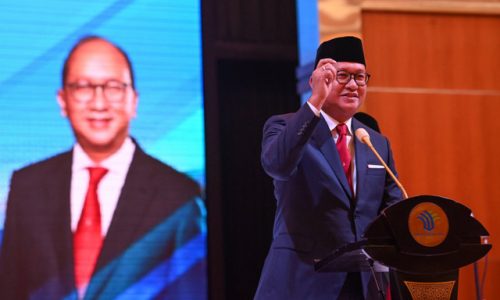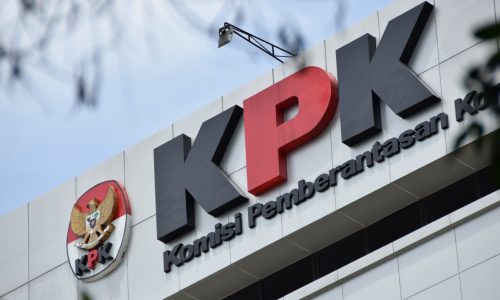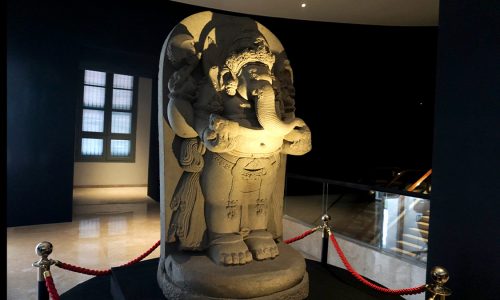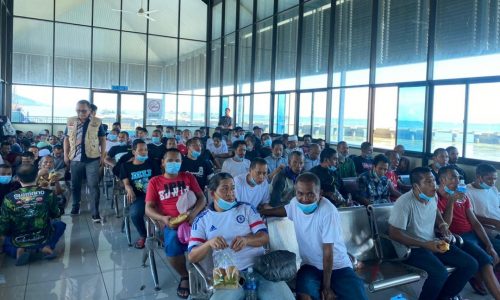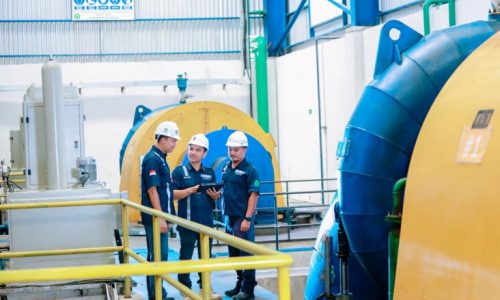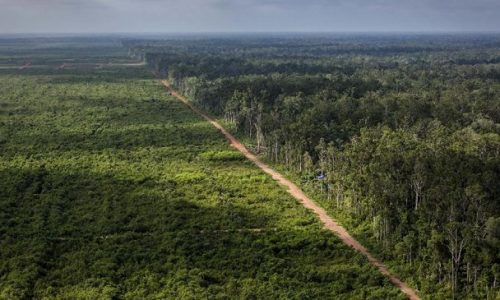The second debate session of the three vice presidential candidates, or the fourth debate of a total of five debate sessions for the 2024 presidential election turned to be a fierce sequence of event, with each candidate presenting their vision and mission that promote sustainability of the nature as an important foundation in their work programs.
The debate at the Jakarta Convention Center in Jakarta on Sunday, January 21, 2024, centered on issues of sustainable development and the environment, natural resources and energy, food, agrarian problems, indigenous people, and village development.
A number of subjects raised, particularly by the candidates themselves, have made the atmosphere of the debate boisterous. Vice Presidential candidate number 2, Gibran Rakabuming Raka, for example, raised the question about greenflation to candidate number 3 Mahfud MD in one segment and about lithium ferrophosphate (LFP) to candidate number 1 Muhaimin Iskandar in another segment. However, instead of providing detailed technical arguments to the questions, both Muhaimin and Mahfud separately gave diplomatic answers and attacked back on Gibran, denigrating his capacity.
The second debate session of vice presidential candidates which was broadcast live on television nationwide, apparently received high response from the public. Results of the Kompas R & D poll during the debate at least showed how enthusiastic the public were. A total of 64.8 percent respondents said they watched the debate on January 21, 2024. In general, public enthusiasm on the debates had been relatively high. In the third debate, which was a presidential debate, respondents’ interest in watching the debate was recorded at 63.3 percent, although it was lower than the second debate, which was a vice presidential debate, that attracted 66.5 percent of respondents.
Diction analysis
In the debate on Sunday, the number of words and diction thrown by each candidate varied, but the number was not too far apart. For Muhaimin, 2,686 words were uttered with a duration of 24 minutes 27 seconds. The most dominant words spoken were “farmer”, “village”, and “development”.
In the debate on Sunday, the number of words and diction thrown by each candidate varied, but the number was not too far apart. For Muhaimin, 2,686 words were uttered with a duration of 24 minutes 27 seconds. The most dominant words spoken were “farmer”, “village”, and “development”.
Mahfud uttered sentences of up to 2,568 words with a duration of 25 minutes 36 seconds. The most common words spoken were “economy”, “law”, “custom”, and “society”.
The varied diction patterns were actually complementary because of the large scope of materials discussed and they generally emphasized the sustainability of development programs. Preserving nature, preventing environmental damage, and improving welfare for all citizens are important keys raised by the three candidates to drive progress in the future.
Substance and proceedings in the debates have apparently done little to attract the public to switch allegiance. Respondents who said that they would change allegiance were 7.5 percent, while around 86 percent have remained loyal to their choice.
Performance assessment
The three aspects assessed by respondents were the candidates’ ability to answer questions smoothly and clearly, mastery of the issue, and their appearance on stage. This appearance was measured by the clothing, demeanour and expressions shown.
Results of the respondents’ assessment showed that each candidate received good assessment with an average score of 7. This score refers to the answers of respondents (64.8 percent), which is bound by the research margin of error.
Mahfud’s ability to answer received a score of 7.4, an assessment of his mastery of the problem of 7.4, and his appearance was assessed with a score of 7.7.
Gibran received a public assessment of 7.1 for the criteria for answering questions, 7.0 for mastery of the issues being debated, and 7.3 for appearance.
Meanwhile, Muhaimin received an assessment score of 6.9 for the ability to answer questions, 6.9 on mastery of the topic at issue, and 7.6 for his appearance.



